Perth Festival’s first homegrown artistic director frames a city in transition
The nation’s oldest arts festival returns with a program that pushes the boundaries even as it honours Perth’s history.
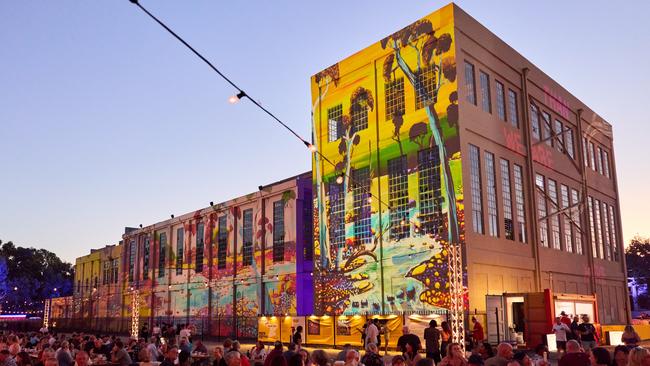
The chainsaw cuts through the beast’s ribs as though they are made of dust. Men wrestle back the opaque blanket of fat and bone and remove its vital organs, pockmarked with flies drunk on the promise of blood that drips from the men’s hands before being swallowed by the crimson earth. A waiter taps me on the shoulder: “Your next course: kidney and heart skewers.”
A carnal feast in four acts, Killa: Pindan to Plate was never curated by the Perth Festival for comfort; it’s a bacchanalian feast that takes the diner deep inside – somewhat literally – the belly of the beast and the often-melodramatic saltwater country of the Kimberley from whence it came.
Staged in the former temperance sanctuary of the Rechabite Hall, Killa is anything but salubrious – with graphic footage of the kill and slaughter of a cow canvassing the room as diners gorge on the fat of the land, from campfire crabs to strawberry gum salad.
But the Kimberley is as mercurial as it is irreverent, and any truly subversive potential is offset by contrasting footage of dreamy mangroves and mangoes swaying in the mistral, all soundtracked by the languid tropical swagger of storied Kimberley crooner Stephen Pigram.
It is a paradox that has come to define the Perth Festival in recent decades: three open weeks where audiences go hunting for nuance and shadows in a city otherwise bathed in light. This appetite has been more explicitly satiated this year with the use of East Perth Power Station, a rusty industrial citadel chained up for four decades and now home to the festival’s contemporary music program.
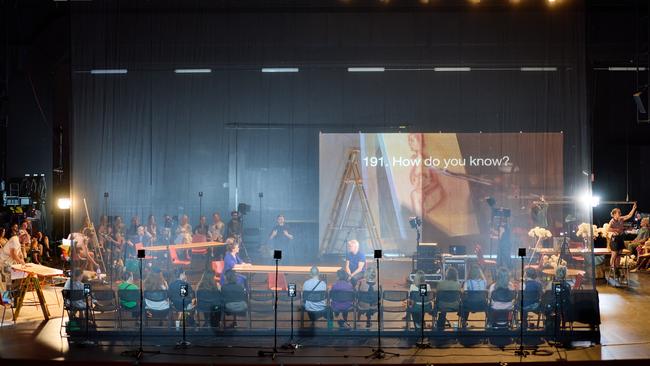
An opportunity born of disruption – with an awkwardly timed renovation of the city’s Cultural Centre and Concert Hall kicking off just as Fringe World and the Perth Festival opened their box offices – Norwegian electronic dance music pioneers Royksopp’s single, electrifying performance had sandgropers recalibrating long-grafted preconceptions about the identity of their city as the thudding beats resounded from the chattels of early 20th-century industry.
While tenuous comparisons with Berlin and Budapest abounded under the smokestacks, the liberation of the power station is a poignant reminder of the truths locked away beneath the finely sculpted carapace of this affluent city of two million.
There are fiendish mosquitoes, too, an admonitory reminder that this was once a realm of wetlands, abundant with fish, before settlers drained it to build this city. (One Noongar elder likened it to breaking open the fence to the paddock and letting the livestock abscond.)
This cultural examination of the truths that simmer just below the beach sand was wonderfully manifested in 12 Last Songs, a production fashioned by Manchester’s Quarantine ensemble.
“The show’s innate potential revealed itself when the audience was off-guard: one participant was casually asked if there was anything she missed and she answered: ‘My lung’ – it had been partially cut out when a scan during a Covid examination revealed cancer.”
A 12-hour slow burn staged in the Heath Ledger Theatre, the show invited about 30 “everyday” citizens on to stage to go about their work in shifts – all the while answering questions about their lives. Among them: a politician, a baker, an imam, a heart surgeon, a pole dancer, an astrophysicist, a fly-in, fly-out worker.
While often frustratingly benign – “do you wear a uniform to work?” – the show’s innate potential revealed itself when the audience was off-guard: one participant was casually asked if there was anything she missed and she answered: “My lung” – it had been partially cut out when a scan during a Covid examination revealed cancer.
Embraided throughout were stories of survival, love, sadness, endurance, loneliness and hope: a lens onto the real lives of a city and the experiences that tether and define us all.
Beneath the Heath Ledger Theatre a different drama was unfolding in Is This a Room, Tina Satter’s restless stage production created verbatim from a transcript of a real-life interrogation of a woman accused of espionage. In 2017 US National Security Agency linguist Reality Winner (yes, true name) was intercepted by FBI agents with a warrant to search her home, car and phone. She was believed to have leaked classified material about Russia’s interference into the 2016 US presidential election.
Following the play’s successful Broadway run, what unravelled across the course of 70 high-octane minutes in Perth was a heartbeat-skipping insight into the obfuscate world of whistleblowing and the real-life ramifications for lone-wolf mavericks who dare to take on the land of the free.
This is the inaugural festival for the event’s first homegrown artistic director, Anna Reece, whose ambition to remould the frontiers of Australia’s oldest arts festival has been deftly tempered with tradition. Included is the long-running series Ballet at the Quarry set in a beguiling auditorium carved from sheer rock in Perth bushland. This year the series seemingly taps into the mischievous spirit of the festival in staging a daring new work by Lucas Jervies, cast to Tchaikovsky’s feverish Piano Concerto No.1 and marking its 150th anniversary.
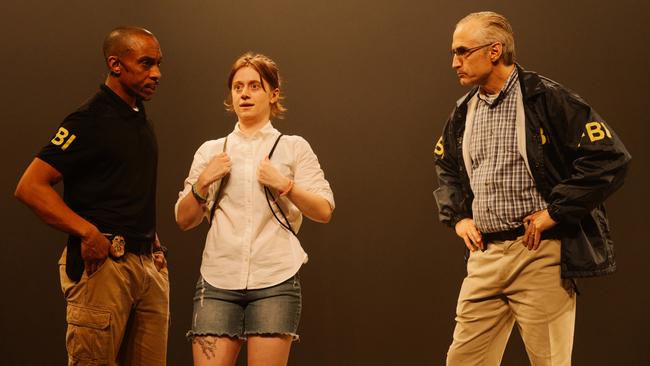
This convergence of old and new carries over to another repurposed venue in the Perth Town Hall ballroom, rebranded The Embassy in memory of the theatre of the same name that was demolished in a rampant wave of 1980s urban planning hubris in which Perth was expunged of much of its Georgian and Federation architecture.
The gracious ballroom welcomes its share of irreverence: not least in the form of adopted New Zealand singer Tami Neilson. Reared on the vast plains of Canada as a member of her eponymous family band, Neilson has since chiselled her own course that marries sublime country balladry with a generous pour of punk rock brouhaha. With a deathly sharp band to boot, it was a compelling debut in Perth – a curtain-raiser for the artist’s soon to be released album, reportedly featuring a duet with Kiwi rock royalty Neil Finn.
Complemented by a diverse medley of film and visual art – including Mai Nguyen-Long’s Doba Nation exhibition at John Curtin Gallery, composed of striking ceramics exploring her trademark Vomit Girl motifs that investigate her almost virulent sense of dislocation as a child of an immigrant family living between worlds – Reece’s debut festival frames a city in transition.
A city and a state that are, just perhaps, ready to peel back the layers on too often inconvenient histories and collectively reimagine themselves no longer as an outlier of empire but as a consequential pole star within the Asia-Pacific.
The Perth Festival continues until March 2.

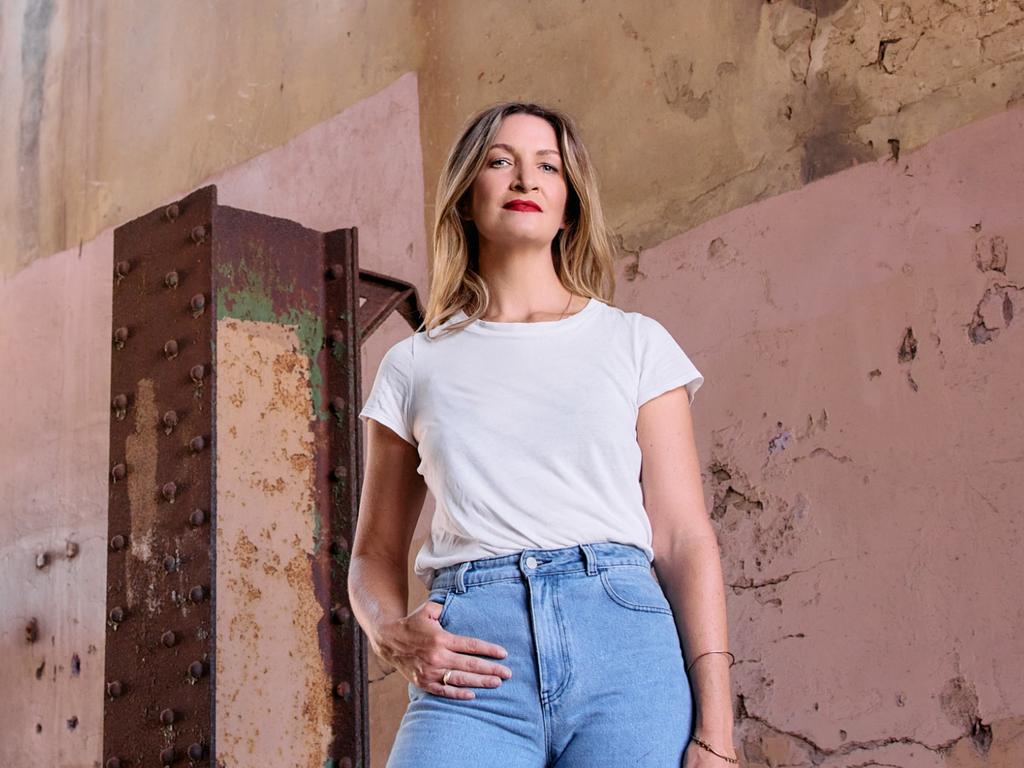

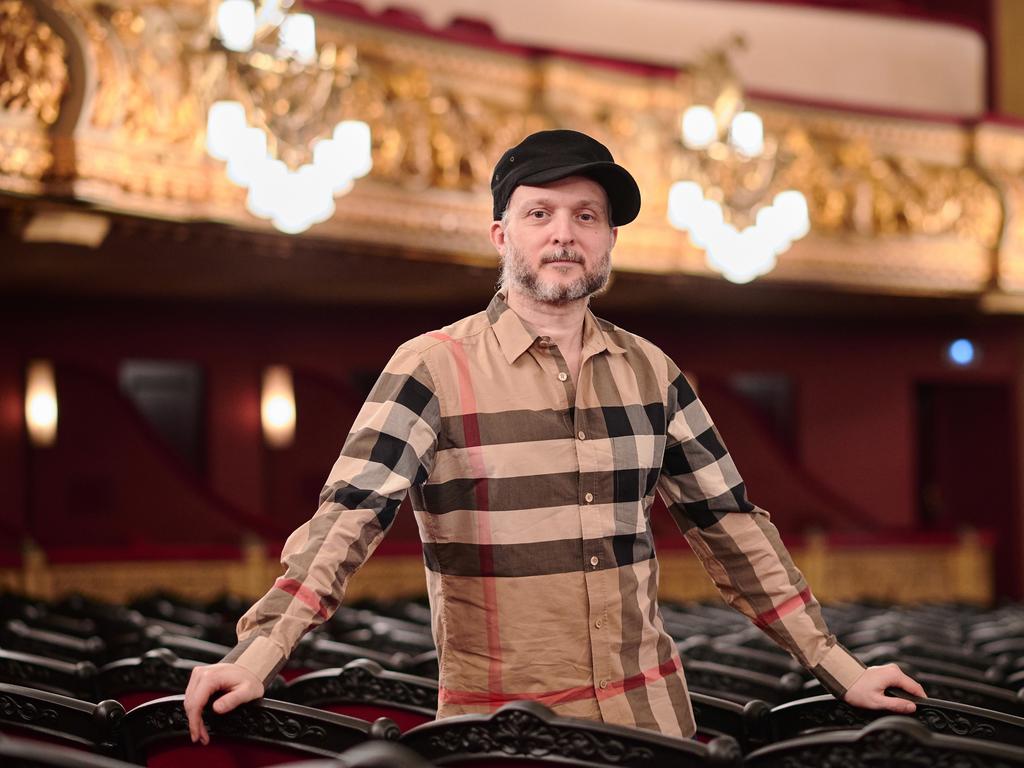


To join the conversation, please log in. Don't have an account? Register
Join the conversation, you are commenting as Logout